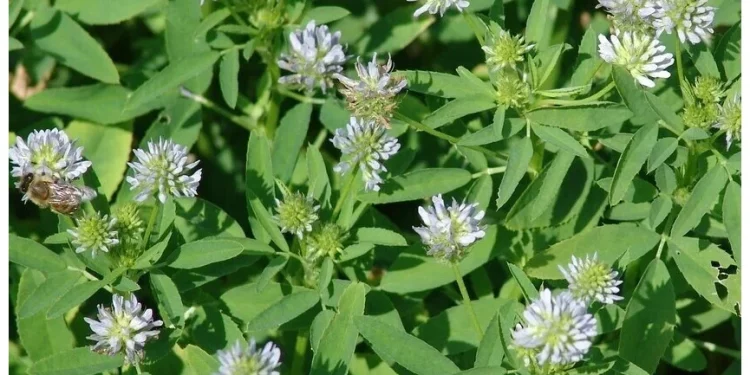Trigonella foenum-graecum, commonly known as Fenugreek, is a plant that has been used for centuries for its medicinal properties. However, recent studies have shown that it also has several benefits in agriculture. In this article, we will discuss the latest research on the use of Fenugreek in agriculture.
According to a recent study published in the Journal of Plant Growth Regulation, Fenugreek has the potential to improve soil fertility and increase crop yield. The study found that the plant contains high levels of nitrogen, phosphorus, and potassium, which are essential nutrients for plant growth. In addition, Fenugreek has been found to have allelopathic properties, meaning it can release chemicals that suppress the growth of weeds, pests, and pathogens.
Another study published in the Journal of Applied Sciences found that Fenugreek can also help in the bioremediation of soil contaminated with heavy metals. The plant has been found to accumulate heavy metals such as lead, cadmium, and arsenic, which can then be easily removed from the soil by harvesting the plant.
The use of Trigonella foenum-graecum in agriculture can have several positive impacts, such as improving soil fertility, increasing crop yield, and reducing the need for synthetic fertilizers and pesticides. Additionally, the plant can also be used in the bioremediation of contaminated soil, making it an environmentally friendly option for farmers.
In conclusion, the use of Trigonella foenum-graecum (Fenugreek) in agriculture has several benefits and potential applications. With further research and development, it can become a valuable tool for sustainable agriculture practices.
#TrigonellaFoenumGraecum #Fenugreek #Agriculture #SoilFertility #CropYield #Bioremediation #SustainableAgriculture #AllelopathicProperties #OrganicFarming












